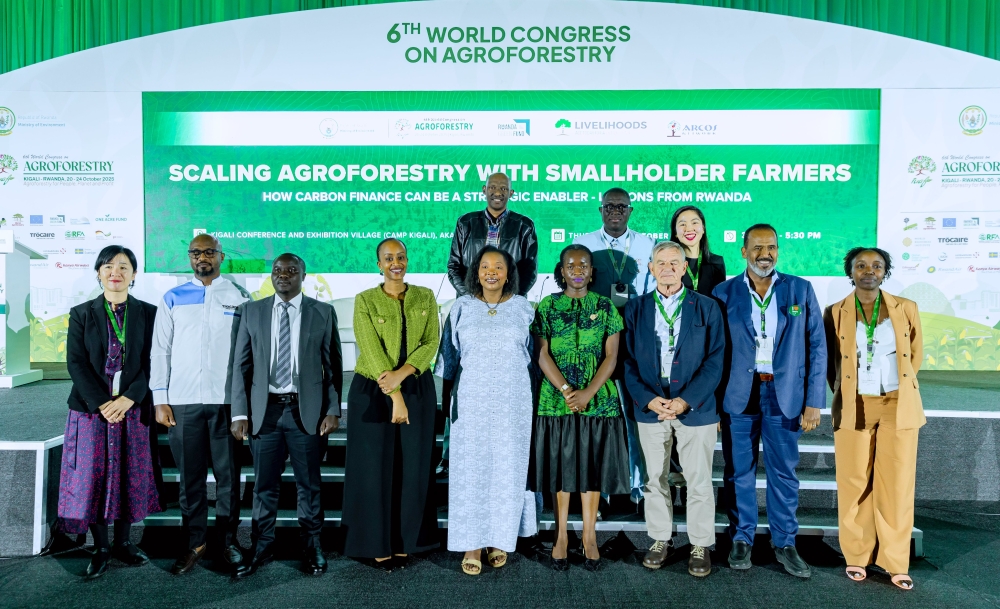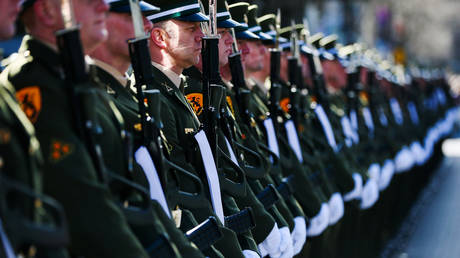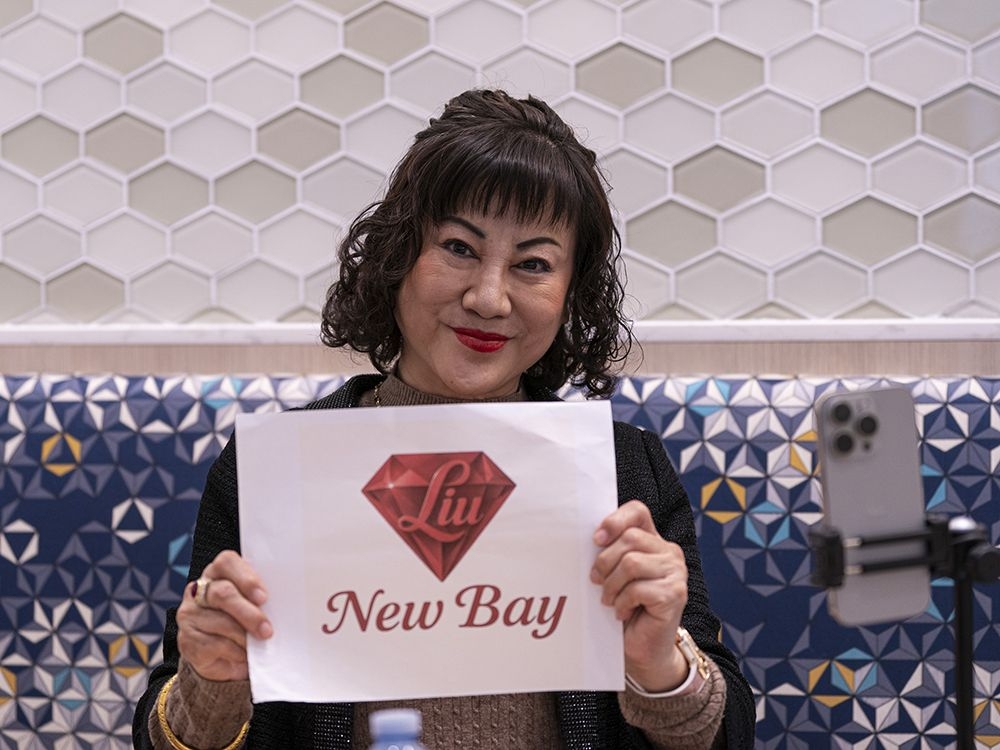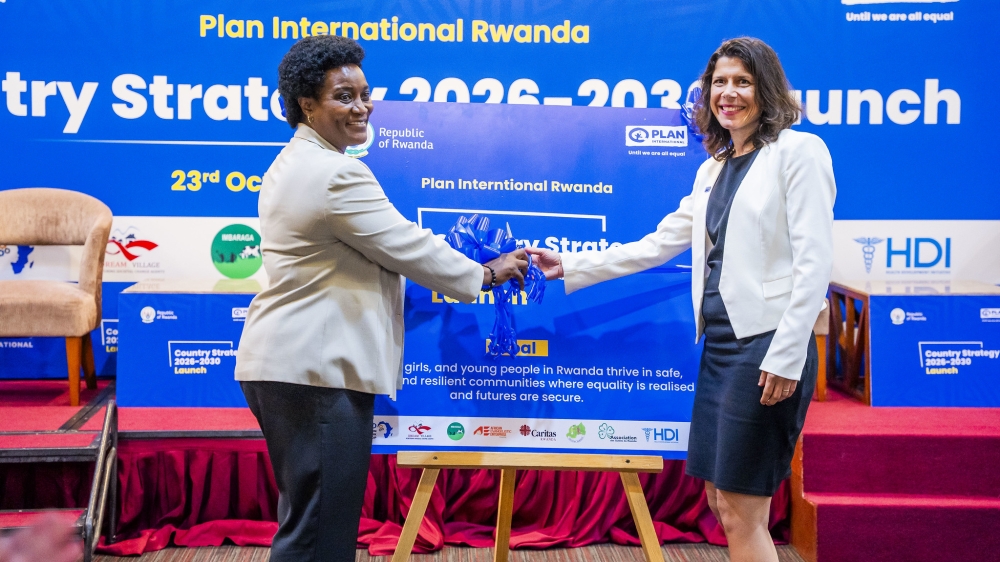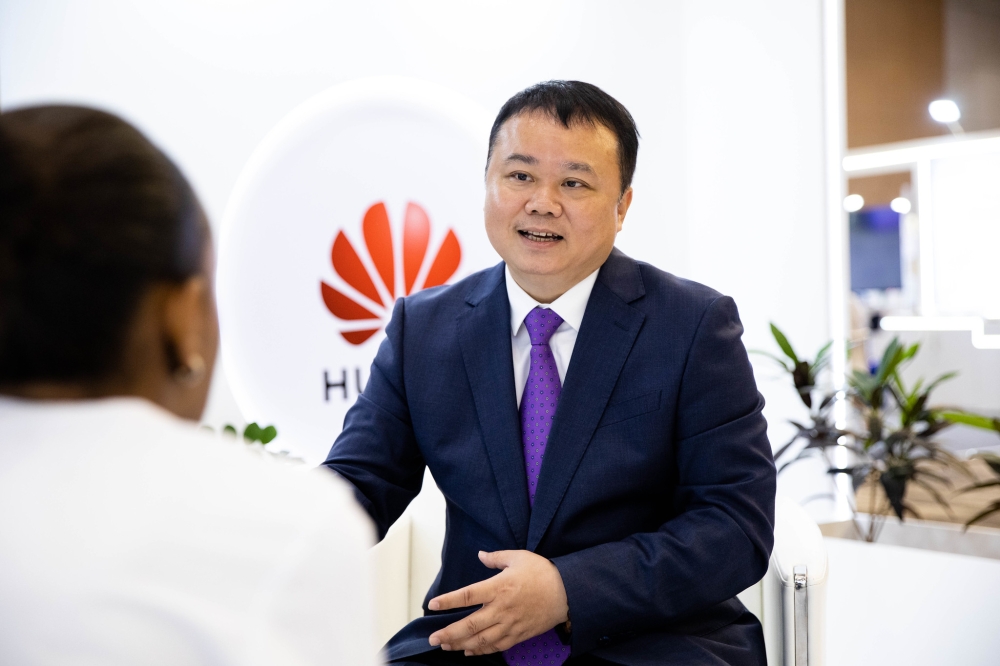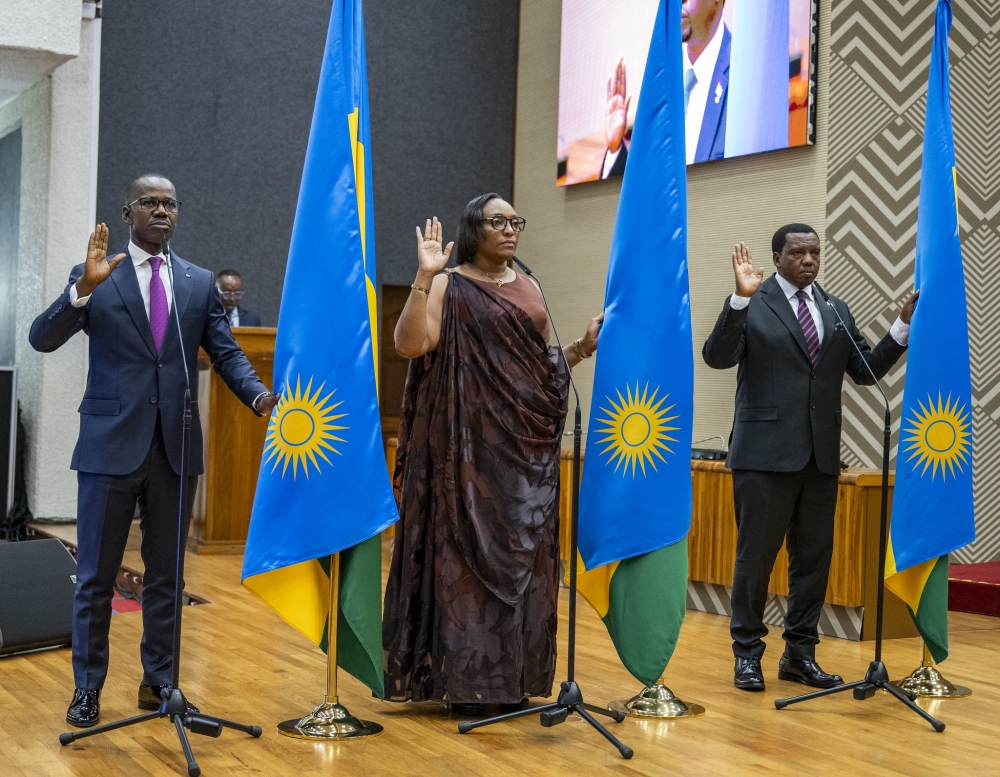The Kigali Conference and Exhibition Village has been alive with energy. For the first time on African soil, the World Congress on Agroforestry (WCA 2025) has landed in Rwanda, drawing more than 700 participants from across the globe. From October 20-24, researchers, farmers, policymakers, and development partners exchanged ideas, showcased innovations, and witnessed firsthand how trees can transform landscapes, communities, and lives.
This historic Congress isn’t just a meeting of experts; it’s a celebration of solutions, partnerships, and the role Africa plays at the heart of global climate action.
What the congress means for Rwanda
Hosting WCA 2025 is a milestone for Rwanda. It demonstrates the country’s commitment to environmental leadership, sustainable development, and restoring degraded landscapes. Through initiatives like AFR100, Rwanda aims to restore two million hectares of land, positioning agroforestry at the heart of climate-smart solutions.
Minister of Environment Dr. Bernadette Arakwiye set the tone at the opening ceremony:
“Agroforestry is not just a technical solution. It is a shared endeavor that brings together people, disciplines, and landscapes around a common purpose: to live well with and from our land.”
Patrick Worms, President of the International Union of Agroforestry, emphasized Africa’s central role:
“Agroforestry as a modern science was born in Africa. Agroforestry as a practice is still most prevalent in Africa. And while agroforestry as a congress has traveled around the world, it is now coming home, and I am glad it is doing so.”
He added:
“One of the reasons why agroforestry is not spreading more rapidly is not just because trees take a while to grow, it's because we don't have the right words to give that picture of hope to people who depend on farming for their living.”
Eliane Ubalijoro, CEO of CIFOR-ICRAF, highlighted the role of partnerships:
“Agroforestry begins and ends with people. From farmers who nurture the land to consumers whose choices sustain us, it thrives through partnership when science, policy, business, and community work as equals toward a shared purpose.”
Partnerships at the heart of the congress
The exhibition hall reflected the collaborative nature of agroforestry. Partner organizations showcased innovative projects, research, and solutions that improve livelihoods and restore landscapes.
These included One Acre Fund supporting smallholder farmers, GIZ Sustainable development solutions, CIFOR–ICRAF Research and scaling innovations, ARCOS Network Ecosystem restoration, Trócaire Building resilience and livelihoods, Rwanda Mountain Tea Demonstrating sustainable agroforestry practices and Livelihoods Community-focused development solutions.
There were also LuxDev Development cooperation and capacity building, Rwanda Forestry Authority Leading national restoration efforts, Rwanda Green Fund (FONERWA) financing green growth and climate resilience initiatives and European Union (EU) supporting climate-smart agriculture and sustainable development programmes across Rwanda and the region.
The Congress highlights that agroforestry works best when communities, policymakers, researchers, financiers, and private sector actors collaborate, translating science and policy into real-world impact.
Seeing agroforestry in action
Delegates visited Green Gicumbi and RICA Rwanda to observe agroforestry projects on the ground.
In Green Gicumbi, highland farms integrate trees, crops, and watershed management, restoring degraded land while improving livelihoods.
At RICA Rwanda in Bugesera, dryland restoration and research activities are demonstrating how tree-based systems can boost productivity, regenerate soils, and increase farmers’ resilience to climate change.
These visits reinforced the message that agroforestry is not just a concept; it is a tangible solution for communities and landscapes alike.
Looking ahead: Rwanda’s role and global partnerships
WCA 2025 positions Rwanda as a hub for agroforestry innovation and climate-smart agriculture in Africa, showcasing the country’s ability to host global events while promoting sustainable practices.
The Congress also strengthens partnerships with development organizations, research institutions, and financiers from various International relations, fostering collaboration to scale agroforestry solutions, restore landscapes, and improve livelihoods.
As one delegate noted, “The Congress has brought together global stakeholders to accelerate collaboration and share innovations that can be scaled across diverse landscapes.”
Rwanda doesn’t just act, it communicates. Just as the country has carefully crafted its national story, every tree planted, every restored hillside, and every agroforestry initiative tells a story about Rwanda’s values: resilience, sustainability, and shared growth.
Hosting the World Congress on Agroforestry is more than a scientific or environmental milestone. It is a deliberate signal to the world that Rwanda leads by example, translating progress into lessons the world can see and learn from. Every exhibition booth, field visit, and partnership showcased during the Congress becomes part of Rwanda’s broader narrative: that climate-smart agriculture and environmental stewardship are central to its identity and future.
